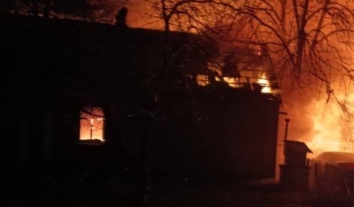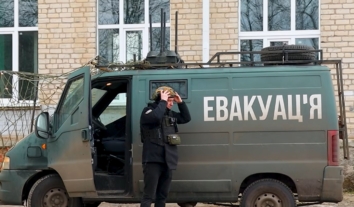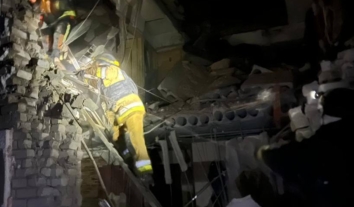Relatives of ‘unlawfully sentenced’ Ukrainian citizens to go on hunger strike near Parliament
July 5, the relatives of unlawfully sentenced citizens of Ukraine plan to go on a hunger strike near the Parliament due to lack of mechanism for correcting a judicial mistake in Ukraine.
Tamara Rafalska, the chairwoman of the Public Motivation movement, said this at a press conference, Hromadske Radio reports.
According to her, the relatives of unlawfully sentenced persons and human rights activists have conducted a large number of events to draw attention to the importance of passing the bill No. 2033a which introduces such a mechanism. However, Ukrainian MPs do not want to put the document to vote in the second reading.
“We are forced to resort to radical actions. When you, MPs, will go to your restaurants, you will see mothers dying from hunger,” Tamara Rafalska said.
According to the State Penitentiary Service of Ukraine, 1,562 people were serving a life sentence in Ukraine as of June 1, 2016. The human rights activists doubt the legitimacy of sentences to 100 prisoners.
Viktor Kolbantsev, the lawyer of Oleksandr Rafalsky and Ihor Vovkodav, points to total corruption in the law enforcement agencies.
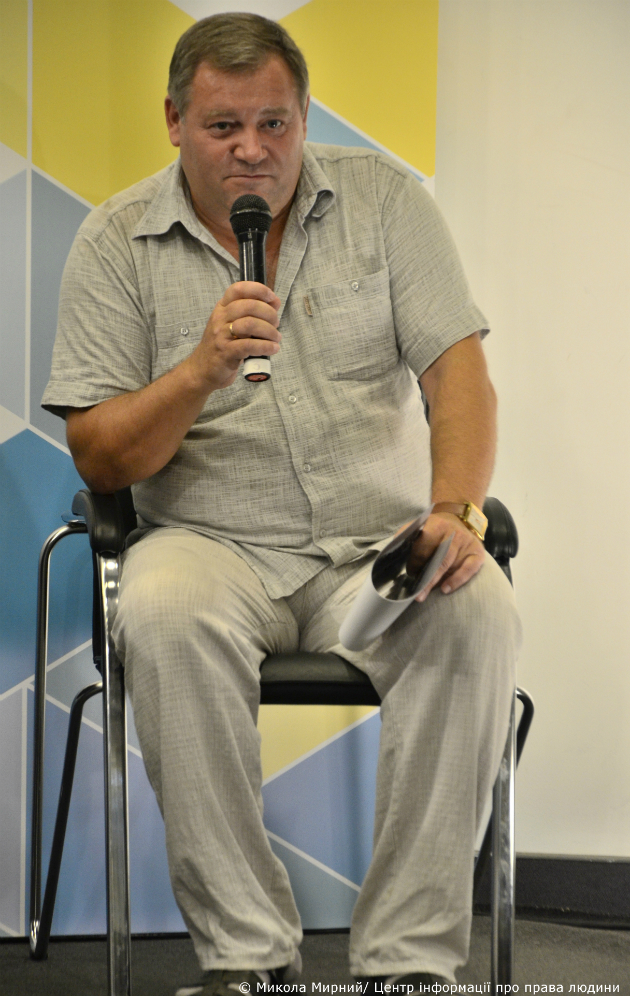
“If a person is arrested, brought a charge against, or spends ten days in a prison, he or she will continue to serve sentence. The worst thing is that nobody cares whether a person is guilty or not. The most important thing is to close the case, get a reward and money for this case. Freedom of a person costs much money. Why do our judges, prosecutors, and police chiefs have the highest incomes? Because they earn money on that,” the lawyer said.
“The society should apologize to such people and MPs should pass the bill No. 2033a,” he added.
Chairwoman of the Board of the Human Rights Information Centre Tetiana Pechonchyk said that there were less than one percent of acquittals in criminal cases.
“Study of the activity of the High Specialized Court of Ukraine for Civil and Criminal Cases showed that 707 persons (0.37%) were acquitted in considered 193,000 criminal cases during 2012. If a person falls in the millstones of the criminal justice system, he/she has no chances to escape it,” she stressed.
Roman Kuybida, the expert of the Center for Political and Legal Reforms, explains that if the Verkhovna Rada passes this document, then a person found guilty of a particularly serious crime or a defender may apply to the court of appeals for review of the case. The bill identifies clear grounds on which the sentence will be reviewed.
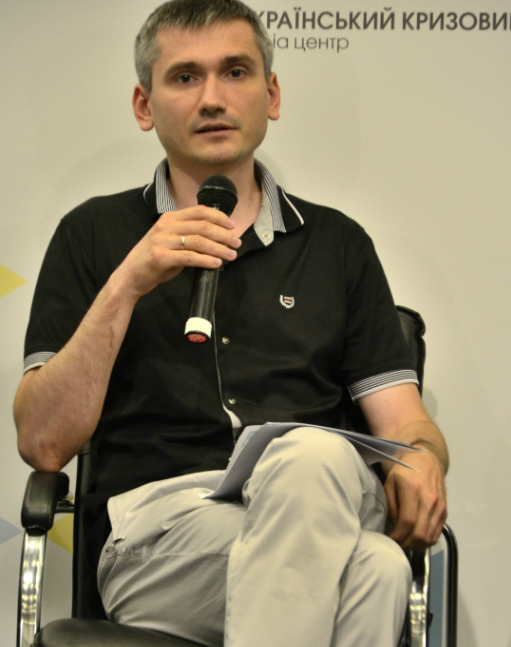
“There are such grounds, for example, when a judge says white is black, when there are a lot of exculpatory evidences but they are simply not taken into account and are not even mentioned in the verdict of the court,” Roman Kuybida said.
According to him, the MPs are afraid of the bill as they remember the hype around “the law of Nadiya Savchenko” concerning the procedure of counting the duration of pre-trial detention when a person is sentenced to imprisonment.
“They say that many criminals were released by this law. However, this comparison is lame as ‘the law of Savchenko’ provides for automatic release of person after stay in prison. Here we are not talking about the automatic release, only about the right to revise the sentence,” he said.
The expert also pointed out that MPs doubted that the judicial system, which had delivered such judgments, was not able to correct them.
“Yes, the bill provides that the case will be considered by another court. This is not a sufficient guarantee. But, in my opinion, the adopted constitutional amendments and the new version of the law on judicial system and the status of judges, providing for selecting new judges in September, shows a chance appears. This chance lies in establishment of a new Supreme Court which should start to work next spring. The judgments, which will be delivered by the courts of appeal on the basis of this bill, will be overseen by a new Supreme Court,” Roman Kuybida said.
Tetiana Pechonchyk noted that starting from July 5 the members of the Verkhovna Rada of Ukraine would be able to see the exhibition, presenting the life stories of eight persons sentenced to life imprisonment which the human rights activists note judicial mistakes in.
According to her, this exhibition is a step of despair of human rights defenders as the public have been drawing attention to the absence of mechanism for correcting a judicial mistake for many years.
“As for me, the photo of Oleksandr Oshchepkov is the most speaking one in this exhibition. You will see him with his earlobes cut on this photo. It is one of results of the tortures used by the law enforcement officers to obtain full confession to crime the person did not really commit,” the human rights activist said.
Earlier, non-partisan MP Viktor Chumak said that the BPP and the People’s Front factions oppose the adoption of the bill No. 2033a because of pressure from the Prosecutor General’s Office

